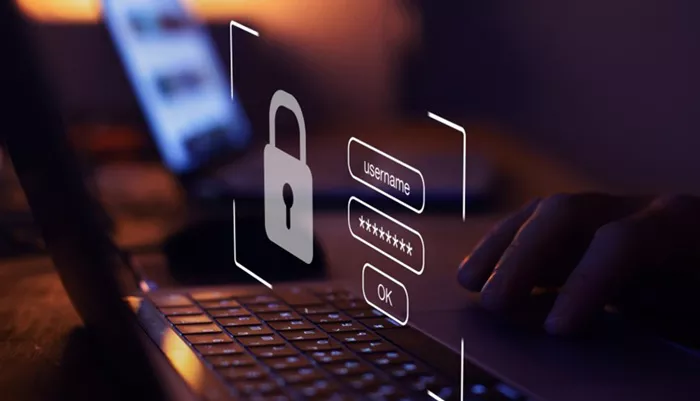People are being urged to create secret passwords with family and friends to protect themselves from scams using artificial intelligence (AI) and deepfake technology.
Cody Barrow, CEO of cybersecurity firm EclecticIQ and a former U.S. government adviser, warned that AI is making it easier for criminals to impersonate others and trick victims into giving away money or sensitive information.
“AI is huge. It’s not just hype,” Barrow said in an interview with the Press Association. “It lowers the barrier for cybercriminals to launch attacks that seem real.”
Secret Passwords Needed Amid Data Breach Surge
Barrow noted that most people have been affected by data breaches at some point, with compromised email accounts and weak passwords providing criminals with enough information to impersonate others convincingly.
“Almost everyone has an old email that was hacked at some stage. Attackers steal contact lists and then create scams that look like they’re from someone you trust,” he explained.
He stressed that secret passwords are especially important for elderly and younger internet users who may be more vulnerable to digital deception.
Recent Cyber Attacks Highlight Growing Risk
The warning comes after a wave of high-profile cyber attacks, including one targeting Marks & Spencer (M&S). The company reported this week that hackers gained access to its systems due to “human error” by a third party. The attack is expected to cost M&S around £300 million, with disruptions continuing into July.
Barrow said attackers likely used strong social engineering techniques, aided by fluent English skills, to exploit M&S’s systems. He said people have become so used to security steps—like entering authenticator codes—that attackers can now easily manipulate those routines.
“Threat actors are using the fact that users are familiar with security prompts to trick them into handing over access,” he said.
Cybersecurity Requires a New Mindset
Barrow warned that complacency in cybersecurity could leave more people exposed as attacks grow more sophisticated with the help of AI. He advised that beyond technology, personal safety measures like secret verification codes could play a vital role in preventing fraud.
“We all need to adapt. Criminals are using smarter tools, and we need to be smarter too,” he concluded.


